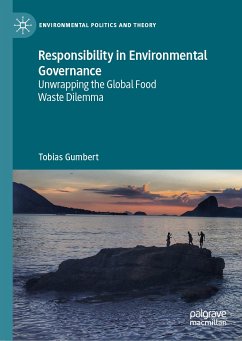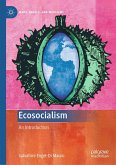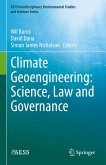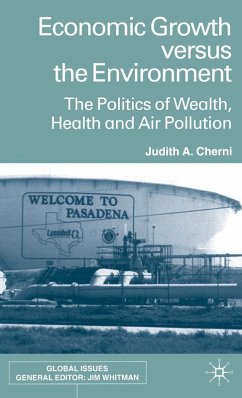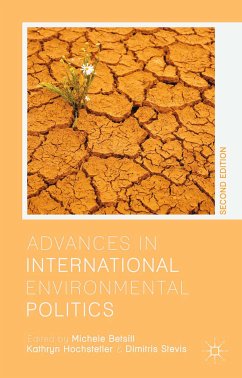- Michael Maniates, Professor of Social Science (Environmental Studies), Yale-NUS College
Responsibility in Environmental Governance challenges the neoliberal tendency to put the onus for sustainability action on individuals rather than systems such as the political economy of capitalism. Integrating theoretical analysis and empirical case studies on food waste governance, Gumbert has produced a pioneering work highlighting the urgent need for collective not individual modes of responding to the planetary crisis.
- John Barry, Queen's University Belfast, Northern Ireland
Ever-more pervasive, the call to responsibility in environmental governance is also increasingly elusive, global threats and complex value chains making it an elective terrain for window-dressing. This timely book makes sense of the intricacies of a moral category and its political use.
- Luigi Pellizzoni, University of Pisa, Italy
This book provides a comprehensive study of the notion of responsibility in environmental governance. It starts with the observation that, although the rhetoric of responsibility is indeed all-pervasive in environmental and sustainability-related fields, decisive political action is still lacking. Governance architectures increasingly strive to hold different stakeholders responsible by installing accountability and transparency mechanisms to manage environmental problems, yet the structural background conditions affecting these issues continue to generate unevenly distributed, socially unjust, and ecologically devastating consequences. Responsibility in Environmental Governance develops the concept of responsibility as an analytical approach to map and understand these dynamics and to situate diverse meanings of responsibility within larger socio-political contexts. It applies this approach to the study of food waste governance, uncovering a narrow governance focus on accountability, optimization, and consumer behavior change strategies, opening up spaces for organizing more democratic solutions to a truly global problem.
Tobias Gumbert is a postdoctoral researcher and lecturer at the Institute of Political Science and the Center for Interdisciplinary Sustainability Research at the University of Münster, Germany.
Dieser Download kann aus rechtlichen Gründen nur mit Rechnungsadresse in A, B, BG, CY, CZ, D, DK, EW, E, FIN, F, GR, HR, H, IRL, I, LT, L, LR, M, NL, PL, P, R, S, SLO, SK ausgeliefert werden.

